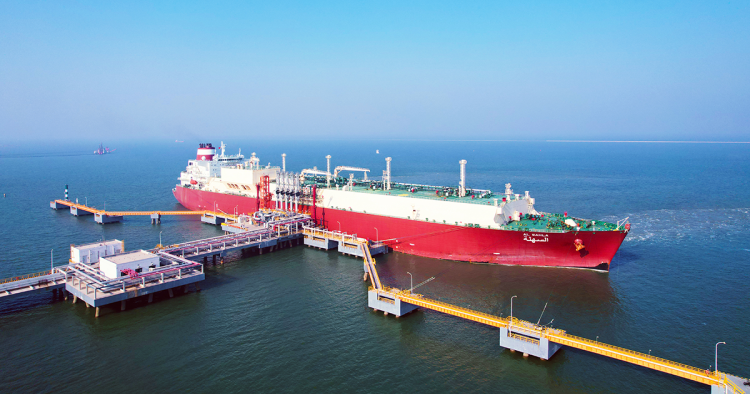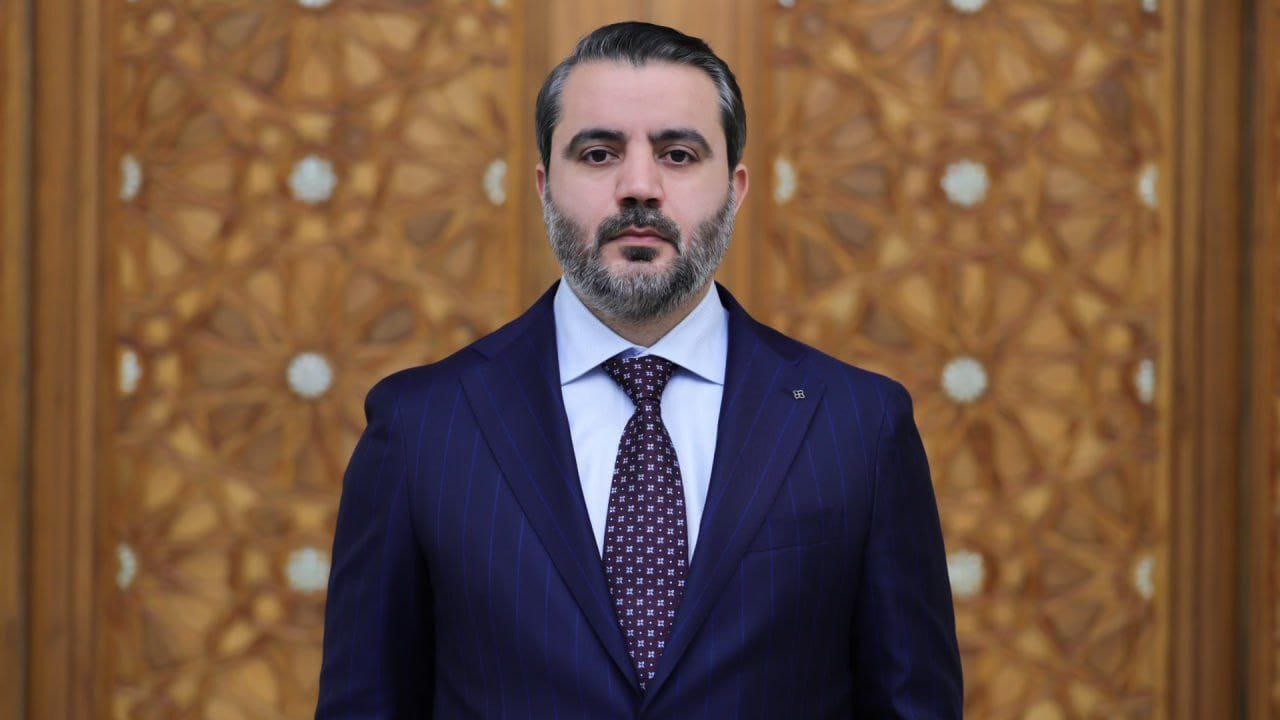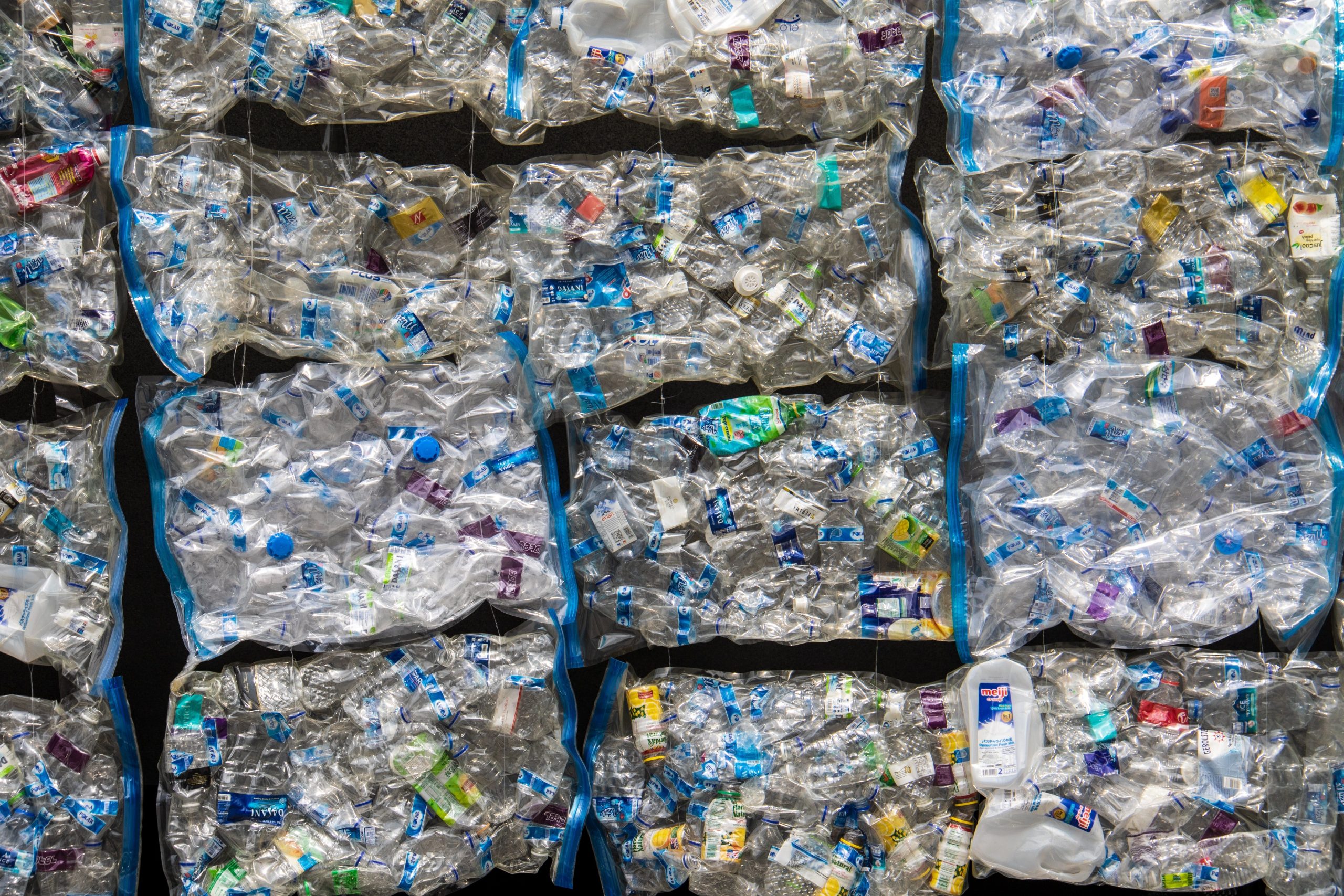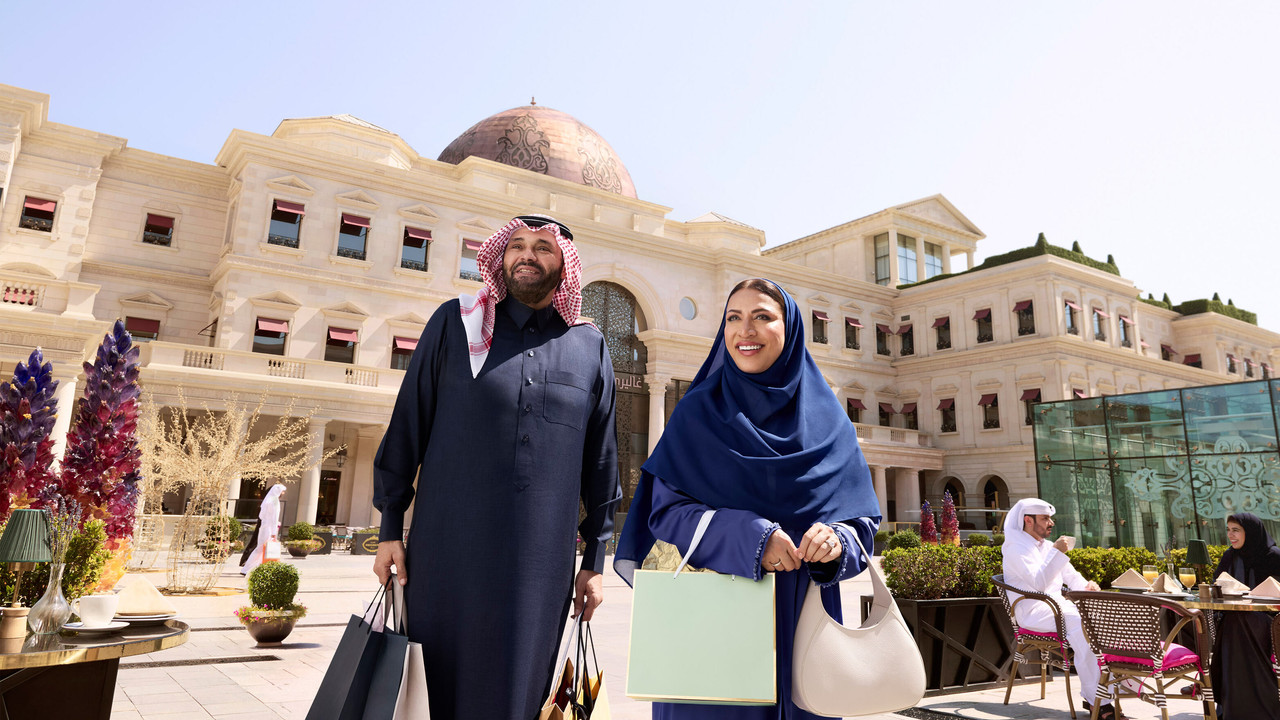Doha and Germany recently signed a deal focusing on liquified natural gas and hydrogen trade.
Qatar’s exports soared in April, as the world’s top liquefied natural gas exporter reaps the benefits of increased demand following Russia’s invasion of Ukraine.
According to Bloomberg, the country’s total exports reached 43.5 billion QAR ($11.9 billion), up from 21 billion QAR one year ago. This resulted in a monthly trade surplus of 34.2 billion QAR.
Following Russia’s invasion of Ukraine, Europe is scrambling to find alternatives to Russia’s gas, which is the continent’s largest supplier. Liquefied natural gas imports from Qatar and the United States, the world’s largest exporters, are an important part of the solution.
In April, China was Qatar’s top export destination, with nearly 6.6 billion QAR, followed by India and Japan.
According to the World Bank’s GCC Economic Update report, Qatar’s gross domestic product (GDP) is expected to rise to 4.9 percent this year due to a 10% increase in hydrocarbon exports.
As the North Field projects begin to produce, the Gulf country’s reliance on hydrocarbons is likely to grow. The multibillion-dollar plan aims to increase Qatar’s annual LNG production capacity from 77 million metric tonnes to 126 million tonnes by 2027, making it the largest of its kind.
Despite temporary disruptions caused by the Covid-19 pandemic, Qatar’s economic recovery is ‘well’ underway, with GDP growing by 3% in 2021, compared to a contraction of 3.6 the year before.
Europe turns to Qatar
The US Joe Biden administration approached Qatar at the start of the year to provide gas to Europe back when Russian President Vladimir Putin considered an invasion.
Josep Borrell, the EU’s High Representative for Foreign Affairs and Security Policy, had also requested Qatar’s assistance.
In the event of a Russian invasion of Ukraine, Qatar has stated that it will not be able to replace Europe’s energy supply unilaterally. As reported by Reuters in March, the Gulf state said it could divert 10-15 percent of its LNG shipping volumes.
Several countries in the region rely heavily on Russian gas and have been seeking Qatar’s assistance in recent months, with European officials visiting the Gulf state.
In a new declaration signed in Berlin on May 20, Qatar and Germany agreed to expand their energy cooperation. Germany, like many of its neighbours, is trying to reduce its reliance on Russian gas as the invasion of Ukraine continues.
Qatar’s Minister of State for Energy Affairs, Saad Sherida Al-Kaabi, and Germany’s Economy Minister, Robert Habeck, signed the declaration. The signing took place during Qatar’s Amir Sheikh Tamim bin Hamad Al Thani’s tour of Europe, which included a stop in Germany.
Berlin imports 42.6 billion cubic metres of gas from Moscow, making it the country’s largest gas supplier. Habeck previously stated that he intends to make Germany coal and gas independent in less than a year.
The latest agreement between Qatar and Germany came a day after Berlin’s parliament ratified a new law that will expand LNG infrastructure in the country, allowing for more deliveries.
Italy, the United Kingdom, and France are among the other European countries that have turned to Qatar for LNG. Europe, which was already experiencing an energy crisis, received 40% of its gas from Moscow, with nearly a third of the shipments passing through Ukraine.







